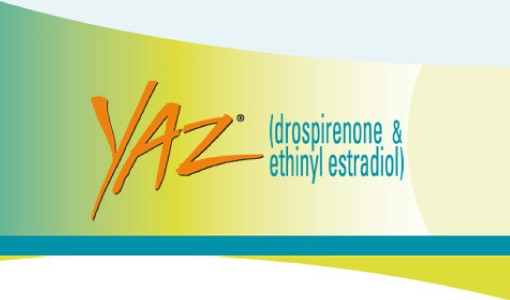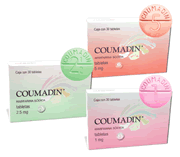Just recently Bayer Healthcare has reported the pharmaceutical company has reached agreements to settle all Yaz and Yasmin lawsuits brought by at least 70 women. In 2006, Bayer launched the very popular Yaz birth control, a once a day contraceptive pill that also helped women with acne and PMS symptoms. By 2008, Yaz was Bayer’s number one selling birth control pill and the top birth control in the U.S.

Yaz, unlike many other contraceptive pills, contains drospirenone, an anti-androgenic synthetic progestin, an ingredient that research has found to be far more dangerous than others. Though all birth controls come with risks, birth controls containing drospirenone have shown to enhance those risks, particularly the risk of deep vein thrombosis and pulmonary embolism (blood clots). Blood clots can be a common factor in stroke, heart attack or even death. By 2009, Bayer’s sales for Yaz quickly began to decrease as more and more women filed complaints that Yaz was the leading factor in their blood clots, and that they were not properly warned about this risk. Since 2009 Yaz sales have decreased by almost 80 percent, creating a much higher threat of concern and a significant increase in lawsuits. Today, the pharmaceutical company faces more than 6,000 lawsuits.
The majority of lawsuits are suing Bayer alleging the pharmaceutical company inadequately warned patients about the serious side effects drospirenone. In September 2011, the FDA released a statement warning women taking birth control containing drospirenone that there may be a possible link between the ingredient and deep vein thrombosis and pulmonary embolism. Since then, several studies have shown a consistent link. A bellwether trial has been scheduled for June 2012.
—–
 Fort Worth Injury Lawyer Blog
Fort Worth Injury Lawyer Blog








